On the afternoon of November 4, the National Assembly discussed in groups the draft documents of the 14th Party Congress. Spending 15 minutes speaking before the discussion session, General Secretary To Lam emphasized major and important issues as well as solicited contributions from delegates - those who directly make laws - to the draft documents to be submitted to the 14th Party Congress.
Towards a legal system that is “easy to remember, easy to understand, easy to implement”
According to the General Secretary, the voices of the National Assembly deputies today are not just personal opinions; they are the voices of the voters that the deputies represent, the voices of real life, socio -economics, national defense and security, and the voices of lawmakers.
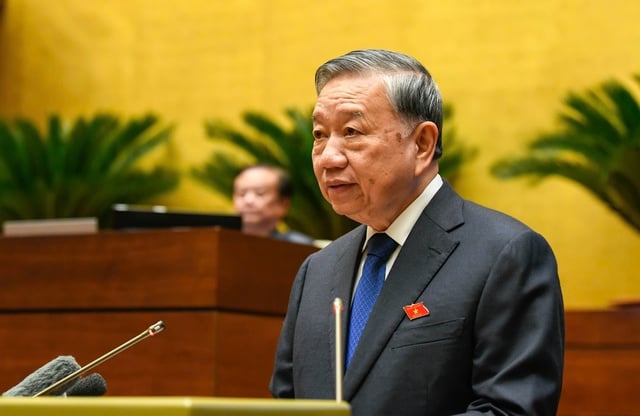
General Secretary To Lam speaks at the group discussion session on draft documents to be submitted to the 14th Party Congress.
PHOTO: GIA HAN
The General Secretary suggested a number of content groups for further discussion, exploration, and clarification.
Firstly, in terms of institutions and laws, in practice, there is still a situation where "the law is correct but it is difficult to implement", "it is clear in the parliament but difficult at the grassroots level".
From practical shortcomings, the General Secretary asked the delegates to focus on clearly stating: why are there laws, decrees, and circulars issued very elaborately and densely, but grassroots officials do not dare to implement them; businesses are struggling and struggling; people are confused and going back and forth? Where are there overlaps, where are there different understandings between ministries and branches, where is the authority delegated but people are forced to take responsibility beyond their control?
“We must aim for a legal system that is “easy to remember, easy to understand, easy to implement”. The wording of the law must be concise, clear, not confusing, and not leave room for abuse or evasion. The policies issued must measure impact, control risks, and especially create convenience, not create additional procedures. A good law is not a well-written law, but a law that is implemented in life”, the General Secretary emphasized.
Regarding the building and perfecting of the Socialist Republic of Vietnam's rule of law state, the General Secretary stated that the rule of law state is not only about having a complete legal system. The rule of law state is first and foremost about respect for the Constitution and the law, control of power, publicity, transparency, and accountability to the people.
"Don't let the announcement of streamlining the apparatus create more layers of asking and giving."
The General Secretary hopes that delegates will focus on the question: Have we done enough to ensure that every power is bound within the legal framework, operates with the right authority, for the right purpose, and in the right interests of the people?
Are there any gaps that make people feel like “if they want it, they can get it, if they don’t want it, they can’t”? Are there any situations where people have to “beg” for things they should be entitled to? If there is no complete answer, that is where the rule of law State is incomplete.
Second, building our rule-of-law State means building a State that is strong but does not abuse power; has discipline but is not far from the people; acts decisively but is still humane, convincing, and has dialogue. Such orientations need to be made clear in the documents of the 14th National Congress.
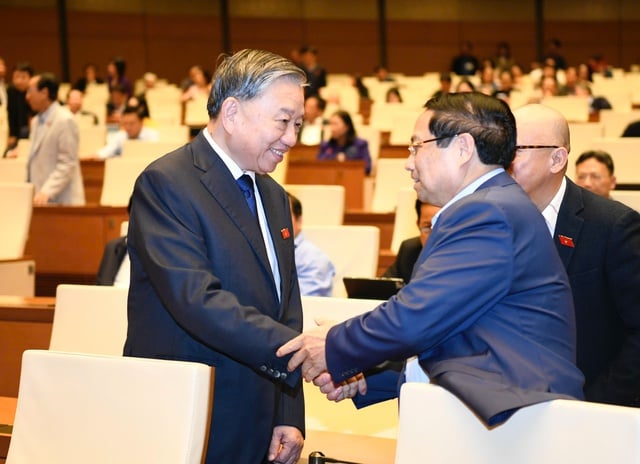
General Secretary To Lam and Prime Minister Pham Minh Chinh
PHOTO: GIA HAN
Third, regarding decentralization, delegation of authority and organizational structure, two questions must be answered: what is decentralized, to whom, and under what conditions? What will be the mechanism for responsibility, inspection and supervision?
The General Secretary requested that wherever subordinates can make decisions faster and closer to the people than superiors, they must boldly delegate power. But delegation of power does not mean "pushing down work" or "pushing down risks". Delegation of power must go hand in hand with resources, human resources, tools, and even a legal safety zone so that cadres dare to act and take responsibility for the common good, not unjustly taking personal responsibility.
Regarding the two-level local government model, which is being gradually reorganized towards a streamlined, effective and efficient apparatus, the General Secretary said that this is very new, very important and sensitive content, directly related to the lives of people and grassroots cadres.
"How should the two-level model be designed so that people are not far from the government and public services are not disrupted? Don't let the announcement of streamlining the apparatus create more layers of asking and giving in reality. Another important thing is what rights the grassroots government must have and what resources it must have for the task of creating development at the grassroots level," the General Secretary said.
Along with that is the relationship between the three levels of government: Central; provincial, municipal; and grassroots. According to the General Secretary, the three levels must be a smoothly operating entity, sharing responsibilities and supporting each other. Absolutely not three layers "passing responsibilities to each other" so that the people run around in circles. "Comrades are National Assembly deputies, going to the grassroots a lot, please give your careful comments on these places," the General Secretary requested.
Fourth, on the organic relationship between the Party, the State, the Fatherland Front, organizations and the people. The General Secretary pointed out that the Party's leadership role is the decisive factor in all victories of the Vietnamese revolution. But how to lead? Lead by the right line, by setting a clean example, by organizing effective implementation, by building trust in the people or by administrative orders? This answer must be clear, transparent and convincing to the people.
If we talk about "people-centeredness", we must design a mechanism so that people have a real voice, real supervisory rights, and the opportunity to participate meaningfully in issues.
General Secretary To Lam
Fifth, on the Party's leadership and governing role in the legal system and in practical administration. Our Party is the ruling Party. Ruling means taking responsibility before the people for the country's development and for the people's daily lives. Ruling is not only setting out policies, but also organizing implementation, checking implementation, and taking responsibility for results.
Therefore, the documents submitted to the 14th Congress cannot just say "strengthening the Party's leadership" in a general way, but must clarify: The Party leads to ensure that all policies and laws truly serve the people, develop the country, maintain independence, sovereignty, territorial integrity, maintain political and social stability, and preserve the great national unity bloc.
The Party leads to fight against sectoral and localism, group interests, negativity, corruption, and waste. The Party leads to protect those who dare to think, dare to do, and dare to take responsibility for the common good.
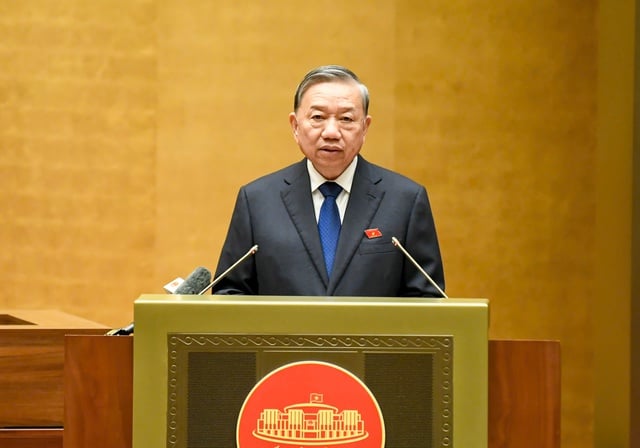
General Secretary To Lam raised 18 new points and two important questions about the draft documents submitted to the 14th Party Congress.
PHOTO: GIA HAN
Sixth, on the spirit of innovation in thinking, innovation in working methods, innovation in national governance according to the motto of creation and for the people. The world changes very quickly. Domestic practice also changes very quickly. If our thinking is slower than practice, the document will become outdated immediately, even as soon as it is passed.
Therefore, we need to read the document with the following spirit: is there any point where we still have the old way of thinking, the old way of speaking, the old way of doing things? Is there any point where we still maintain the habit of managing by asking and giving, while the State should play a role in creating and serving the people and businesses?
We must more clearly affirm the national governance model in the coming period: governance based on transparent laws, reliable data, modern digital infrastructure, streamlined apparatus, honest and disciplined officials, and service. Such governance is development-creating governance, not beg-give governance.
Where there are still cumbersome procedures that discourage businesses; where people are frustrated because they have to go back and forth many times without getting things done; where there are still "mechanisms"? We will state them directly, not avoid them. Only by looking directly can we fix those shortcomings and limitations.
General Secretary To Lam
18 new points and 2 important questions
Informing that the Document Subcommittee had raised 18 new points, the General Secretary asked delegates to answer two very important questions:
First, are the 18 new points sufficient? Are any of them still at the level of “policy”, “orientation”, “will be studied”, while society is demanding specific answers, a clear roadmap, and clear responsibility?
Second, what issues have not been properly named in the document? What bottlenecks, if not resolved now, will cost us more in the next 5 years? Please speak frankly, speak completely, and clearly about those points and those findings.
According to the General Secretary, the Congress document is the original document. If it is clarified right now, the process of institutionalization, law-making, and implementation will be smoother, more unified, and less confusing. On the contrary, if the document is still general and incomplete, when it is put into law, it will give rise to different understandings, different ways of doing things, and even "applications" according to individual understandings. Thus, the people who suffer the most are the people.
“What the Party, the National Assembly, the Government and the people want has a very specific, very close and very simple common denominator: the country develops sustainably; society is orderly, disciplined, warm and humane; people are protected and given opportunities to rise up through their own labor; whoever does the right thing by law will be protected, whoever does wrong will be dealt with fairly, no forbidden zones, no exceptions,” the General Secretary emphasized.
Source: https://thanhnien.vn/tong-bi-thu-huong-toi-he-thong-phap-luat-de-nho-de-hieu-de-thuc-hien-185251104150428387.htm



![[Photo] Opening of the 14th Conference of the 13th Party Central Committee](https://vphoto.vietnam.vn/thumb/1200x675/vietnam/resource/IMAGE/2025/11/05/1762310995216_a5-bnd-5742-5255-jpg.webp)






![[Photo] Opening of the 14th Conference of the 13th Party Central Committee](https://vphoto.vietnam.vn/thumb/402x226/vietnam/resource/IMAGE/2025/11/05/1762310995216_a5-bnd-5742-5255-jpg.webp)

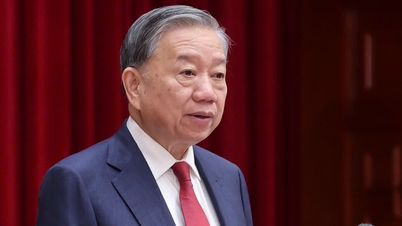
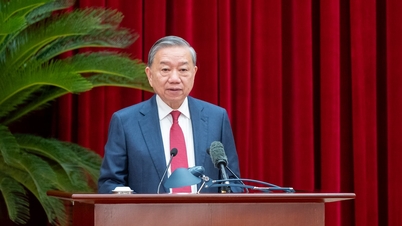

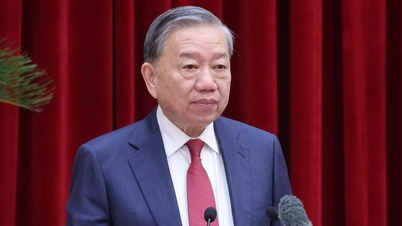

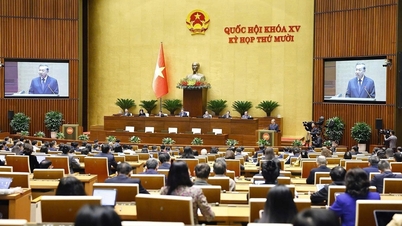
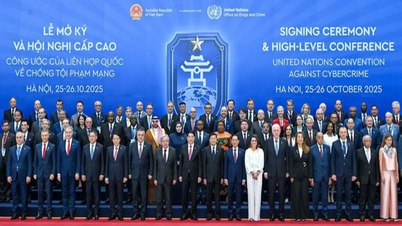
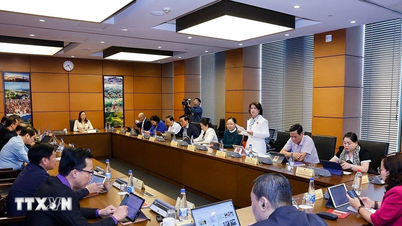



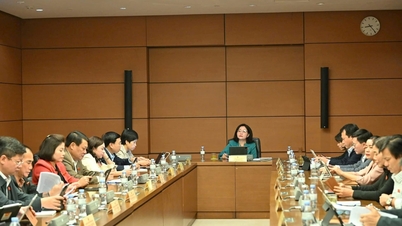
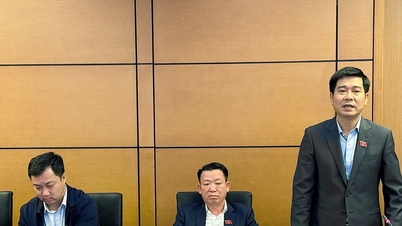
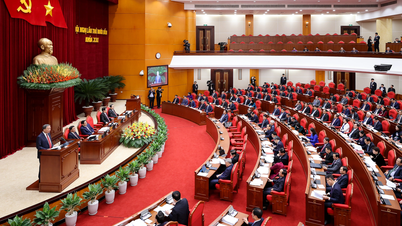




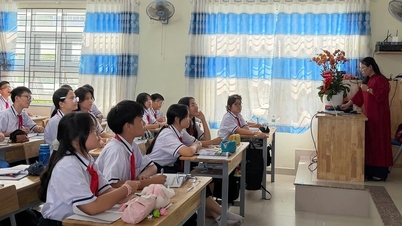
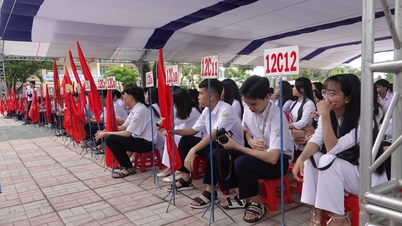
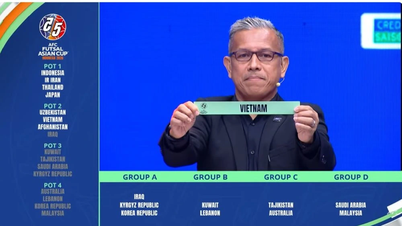

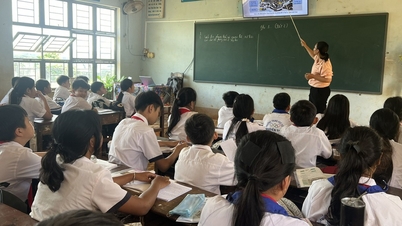
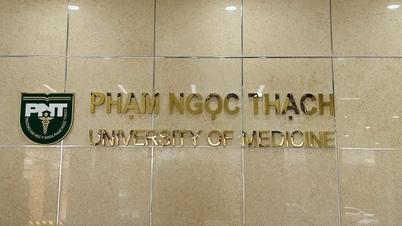
![[Photo] Panorama of the Patriotic Emulation Congress of Nhan Dan Newspaper for the period 2025-2030](https://vphoto.vietnam.vn/thumb/1200x675/vietnam/resource/IMAGE/2025/11/04/1762252775462_ndo_br_dhthiduayeuncbaond-6125-jpg.webp)








































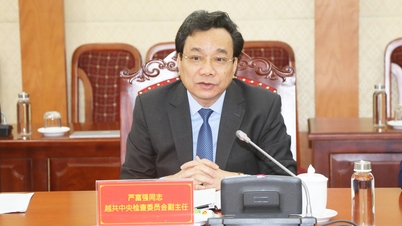

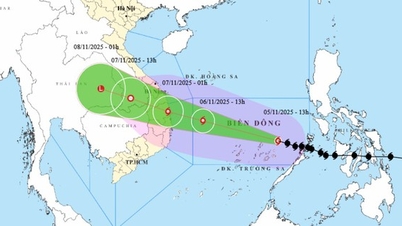






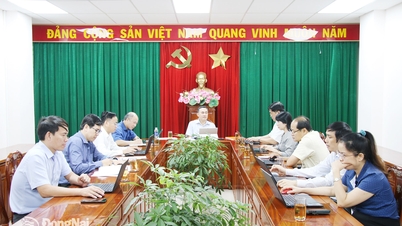

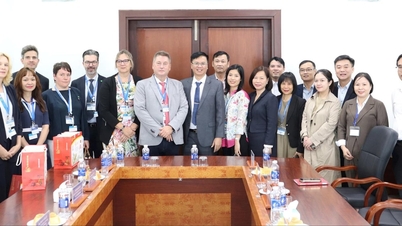

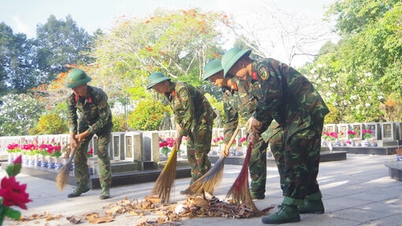



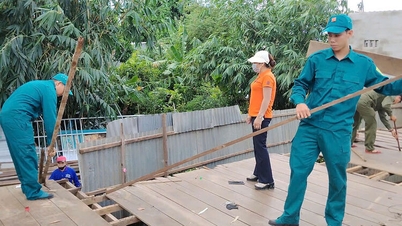

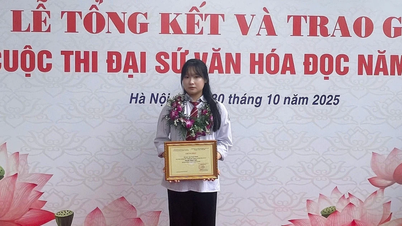











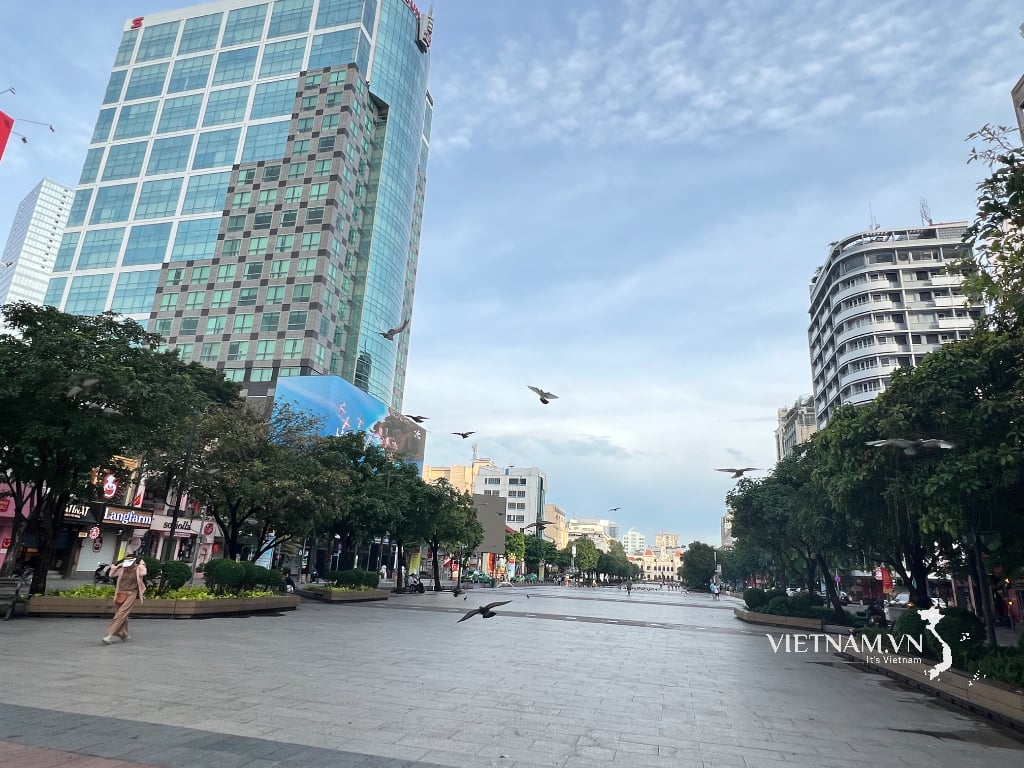



Comment (0)